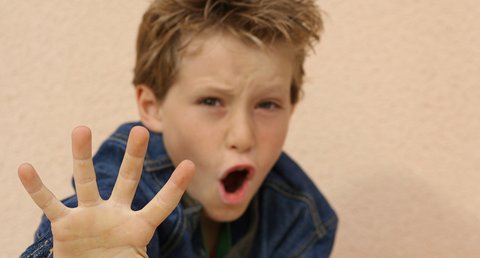
by Terry Levy | Jul 25, 2019 | Theory & Research, Trauma
Over the last weeks, we’ve explored the biology of trauma. In other words, we’ve focused on what happens to the brain and the body when an individual is exposed to stress and trauma, especially at a young age. In this article, we take a closer look at how trauma (and...

by Terry Levy | Jan 29, 2018 | Attachment, Theory & Research, Trauma
The stress response is critical to the understanding of the neurobiology of trauma and attachment disorder. Stress is an automatic physiological response to any situation that is threatening, overwhelming or requires adjustment to change. The stress response includes...

by Terry Levy | Jan 15, 2018 | Attachment, Theory & Research, Trauma
The limbic system is the social and emotional part of the brain, governing attachment, nurturing instincts, learning, implicit memory (preverbal, unconscious), motivation, stress response, and the immune system (Learn more about the limbic system during infancy...
by Evergreen Psychotherapy Center | Jun 21, 2017 | Trauma
Resilience means “bouncing back” from adversity. The primary factor in resilience is having supportive and caring relationships that include trust, love, healthy role models, encouragement, and support. Nurturing relationships between parents and children have the...

by Terry Levy | May 16, 2017 | Attachment, Books, Trauma
While it is common for children with histories of developmental attachment trauma to display both caregiving and control behavior, it is the latter form — angry, manipulative, threatening, and coercive control — that is most typical of children who enter...

by Terry Levy | Apr 19, 2017 | Attachment, Trauma
To understand — and treat or overcome — problems associated with attachment and trauma, it’s imperative to understand how parts of the brain function. Let’s start with the limbic system. It is the social and emotional part of the brain,...






